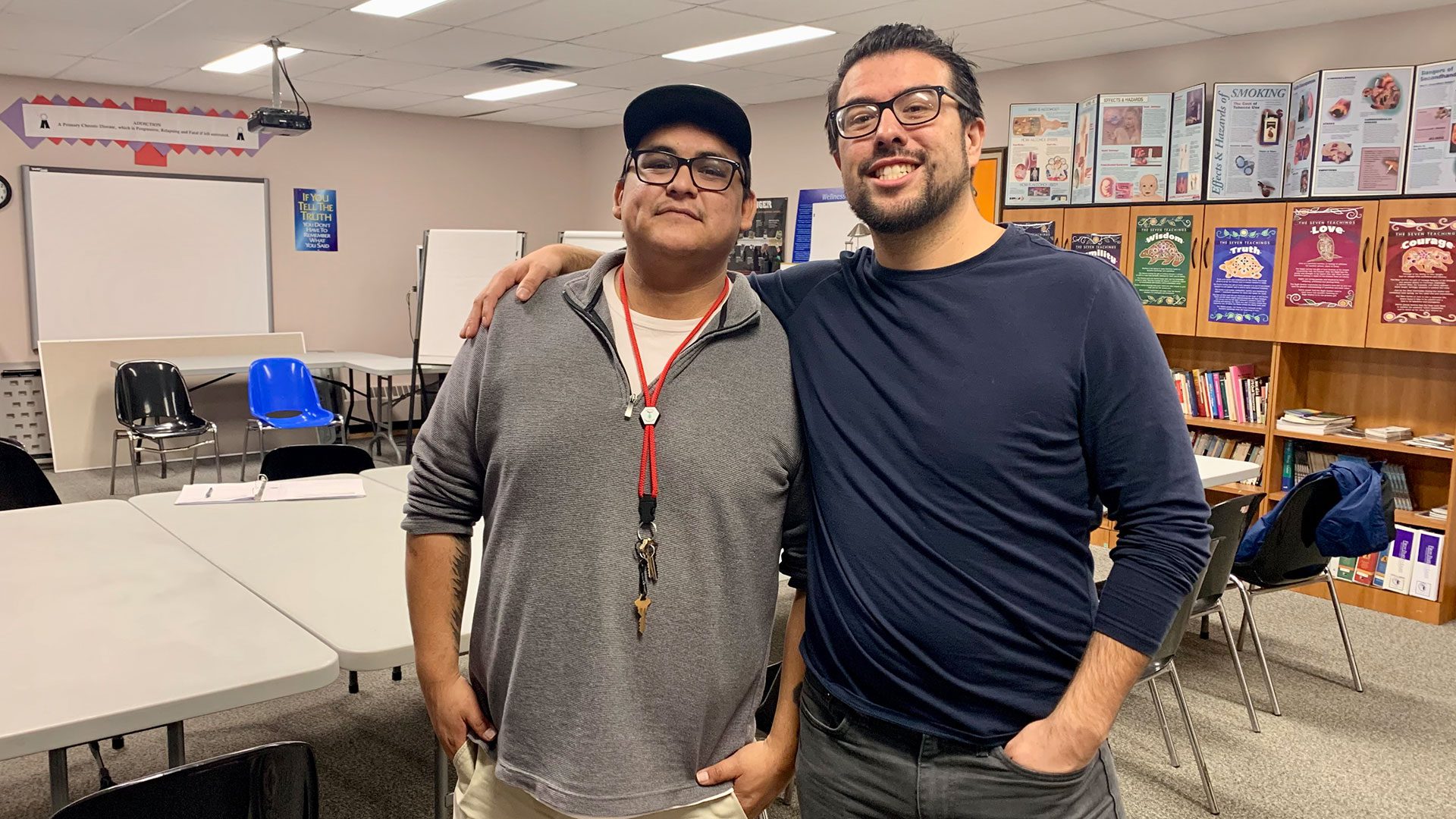The Northwest Territories has released a draft report that it says addresses the calls for justice from the national inquiry into missing and murdered Indigenous women and girls.
The 136-page report called Changing the Relationship was presented to various groups ahead of it being tabled in the territory’s legislature on Nov. 2.
Elizabeth (Sabet) Biscaye, director of the gender equity division of the N.W.T., has been working on the territory’s response to the MMIWG inquiry by meeting with Indigenous governments, stakeholders and NGOs.
Biscaye said the territorial government looked at the calls for justice and adapted recommendations that were southern-specific such as calls related to on-and-off reserve membership and the creation of an official languages act, something the N.W.T. already has.
“There are 95 actions that were proposed but that doesn’t mean that we’re only responding to 95 actions; one action might respond to more than one call for justice and address a number of calls for justice,” she said.
The report includes 36 actions to respond to culture and language, 21 actions surrounding human security, 19 actions related to the justice system and 17 actions that deal with health and wellness.
Biscaye noted the report itself is titled Changing the Relationship to reflect the biggest changes needed in the programming and delivery of territorial-run programs and services.
“Is how we are providing our programs and services done from the perspective of compassion and are we trying to take everything into consideration,” Biscaye said. “People will live to experience, somebody who has been beaten up so many times is made to feel worthless, have no value and things like that, they’re going to have a really hard time trying to stand up for themselves.”
The first section of the report acknowledges colonial trauma and the legacy of residential schools as contributing factors to the MMIWG crisis.
Biscaye said through community engagement sessions her department repeatedly heard about how some teachings in communities were adopted, passed down and destructive to future generations.
“A good example, one I have lived experience with is being told don’t cry after the sun goes down when there’s a loss in the family,” Biscaye said. Crying is a necessary part of the grieving process and to try to stop that process… how does it affect people?”
She said in those community engagement sessions participants dug deep into looking at where those colonial teachings came from.
“Everybody has a role to play in making sure the violence that’s directed at Indigenous women and girls and to 2SLGBTQQIA+ people is stopped,” Biscaye said. “I have but, you know, family members who have experienced violence, and this is something that’s not right.”
One of the groups that have seen a draft of the report is a men’s sharing circle in Yellowknife. It’s one of the many tactics being used to address violence against Indigenous women and girls.

Johnny Ongahak, co-creator, and facilitator of one of the groups said they’re in its fourth session and the weekly meetings are funded by the native women’s association.
The group discusses a different topic each week, such as trauma and triggers and how to contribute to the prevention of violence against women and girls.
“Confronting it and being in person, I find is important,” Ongahak said. “I had no idea about emotional intelligence or anything like that until I went to school, and I learned so much about myself. I am a healthier parent because of it and a healthier man.”
Ongahak is dene and Inuit and a counsellor at the Tree of Peace, where the discussion groups take place.
He’s joined by Cody Erasmus, a dene counsellor.
Both have attended other discussion spaces dedicated to tackling the root causes of violence and brainstorming solutions.
“Even though I was a counsellor at that moment, I was also sharing my own experiences, and it was nice learning from them,” Erasmus said. “I really related to a lot of them and hearing how residential school affected Indigenous people whether they know it or not.
Long before the federal government launched the MMIWG inquiry, the Native Women’s Association of the N.W.T. led the charge in ending violence against Indigenous women and girls.
The N.W.T. has relied heavily on this partnership and has implemented a community contact list in all five regions to relay developments related to the draft action plan.
“We need to make sure communities are aware and have a role in what we’re doing. Hopefully, it makes people want to be part of the solution,” Biscaye said.
Erasmus says he feels better that an Indigenous woman is working on this file.
“For a long time, Indigenous people have been told what to do; this is where you need to live on a reserve, this is how you need to speak, speak like this, walk like this,” he said.










